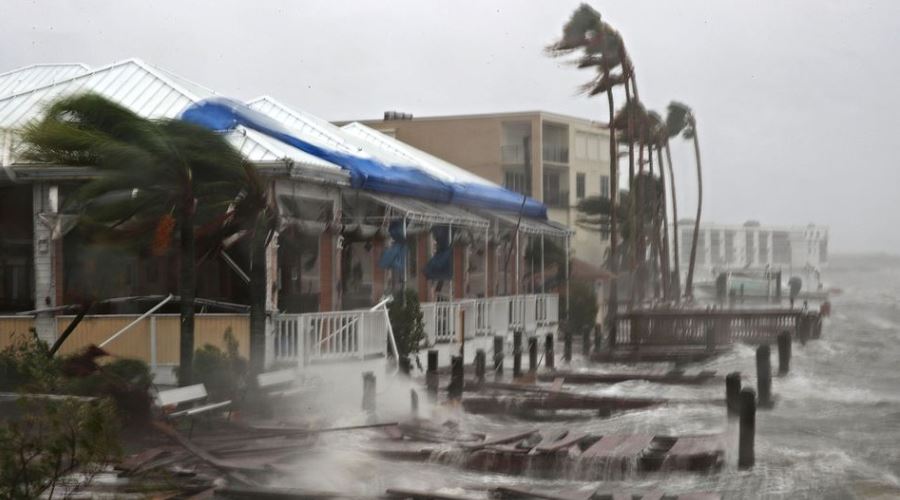Hurricane Matthew has come and gone but many Southeastern cities are picking up the pieces. The Atlantic Coast is reporting major flooding and the death count is up to 19.
Commercial real estate owners are surveying the damage.
GlobeSt.com caught up with Clark Schweers, Forensic Insurance and Recovery practice leader at BDO USA, to glean some insights in the aftermath of the deadly storm. He shares his perspective on Hurricane Matthew’s business disruption and implications in the real estate industry in this exclusive interview.
“From an insurance perspective, there doesn’t need to be physical damage to trigger a claim,” Schweers tells GlobeSt.com. “Commercial owners might have, or could consider adding, other types of coverage into their policies. It’s important to consider ancillary provisions when determining what the financial impact is to your business, and to protect against potential losses in the event of a natural disaster.”
Specifically, Schweers points to ingress and provisions within a property insurance policy is particularly valuable for businesses located on islands in the path of a storm. If a natural disaster or weather event results in a partial or complete inability for guests or customers to reach a particular asset, he says, this coverage allows a business to make an insurance claim.
“For example, a hotel on a barrier island might sustain no physical damage, but a bridge connecting the island to the mainland may need to be closed for inspection or damage,” he says. “That would restrict guests’ access to the location.”
Then there’s loss of attraction coverage. This allows a commercial business to make a claim if damage or closure to facilities or attractions that drive business to the asset or insured location occurs.
“From a real estate perspective, construction demand has been skewed toward coastal properties in recent years, and there have been relatively few natural disasters of similar magnitude to Hurricane Matthew in the last decade,” Schweers says. “As a result, the real estate industry has responded very well to consumer demand to develop condos, apartments, hotels, shopping malls and other assets around coastal population centers.”
As Schweers sees it, there’s rightful concern in the commercial real estate industry right now. The assessments on damage are not yet in, but it doesn’t look good.
“In the case of Hurricane Matthew, this is an unprecedented and unique storm whose path was uncertain,” Schweers says. “The potential damage area extended along hundreds of miles and several states, which could expose landlords and REITs with assets in these areas to potential financial repercussions.”
Source: GlobeSt.

